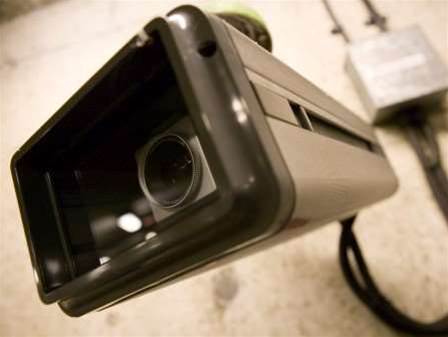Speaking to iTnews, iiNet's chief regulatory officer, Steve Dalby, said the ISP had put forward in negotiations with the Department of Broadband, Communications and the Digital Economy (DBCDE) that if customers knew they were being filtered, they were more likely to attribute any problems they were having with their connections to the filters.

This would likely skew the results of the trials, Dalby said.
He cited examples of several customers calling into iiNet's call centre already to complain the filters were slowing their connection speeds, even though the ISP isn't part of the trials.
Dalby said that iiNet had proposed a trial model where 50 per cent of users acted as a control group and the other 50 per cent had the filters applied to their connections.
"The technical aspects of our potential participation were agreed immediately," Dalby said.
"It was down to how we handled it, whether or not we provided customers with the option to switch it on or off, and whether or not we made customers aware they were part of a trial.
"You either tell everyone on trial or tell nobody and that's what we preferred but the Government was insistent that if we participated in the trials and we didn't tell our customers, they would announce it [for us].
"We couldn't feel comfortable with that. It was a gap [of opinion] that was unlikely to be resolved," Dalby said.
Dalby said the costs of developing an opt-out for the filtering technology - and the requirement to do so - made iiNet's participation unfeasible.
"It's a pretty crazy notion that if the filter becomes law it's planned to be mandatory but for the trial the DBCDE is encouraging us to build functionality that encourage users to switch it off," Dalby said.
"Why would you do that? That was really thing we butted heads with the Department on.
"They wanted the trials to be optional. We said that would cost us money, and take three months to develop. If its got to be optional for a six week build it just didn't add up."
Last week's leak of what is purported to be the ACMA blacklist also reinforced iiNet's opinion that the scheme in its current iteration is flawed.
"We were right - it's a secret blacklist that you can't talk to anyone about," Dalby said.
"It's a process that concerns us - people working in secret, not accountable to anyone and able to cause havoc by putting stuff on blacklists that the whole ISP community will block.
"Our business generates more than half of all new business leads off our website. It would be terrifying to think our website accidentally got on that blacklist. It would have incalculable impact on our business.
"That poor dentist. If we filter on that list without it being known he's on there, all of a sudden that guy is not getting any business."
Dalby, however, praised Senator Conroy and the DBCDE for being willing to negotiate iiNet's inclusion knowing the ISP only wanted to find fault with the trials.
"They were quite willing for us to participate along those lines," he said.
He also said the process had provided good information for the industry on how to deal with the Government, and vice versa.
Dalby called on Senator Conroy to bring the Internet industry together at the conclusion of the trials for a full debrief, to provide clarity on some of the muddier issues, and to nut out a filtering plan that is technically feasible and will meet the Government's objectives.
"I think there's an opportunity to get the Government and industry into a room, share the debrief get some clarity around their objectives, and then say how are we going to move forward and do this," Dalby said.




.png&h=140&w=231&c=1&s=0)
_(33).jpg&h=140&w=231&c=1&s=0)





 iTnews Executive Retreat - Security Leaders Edition
iTnews Executive Retreat - Security Leaders Edition
 iTnews Benchmark Awards 2026
iTnews Benchmark Awards 2026
 iTnews Cloud Covered Breakfast Summit
iTnews Cloud Covered Breakfast Summit
 The 2026 iAwards
The 2026 iAwards












_(1).jpg&h=140&w=231&c=1&s=0)



